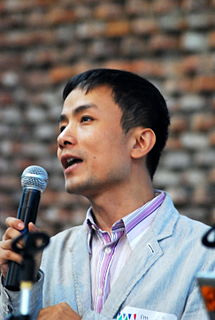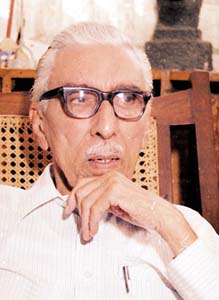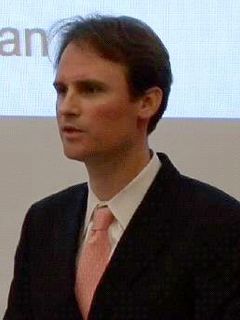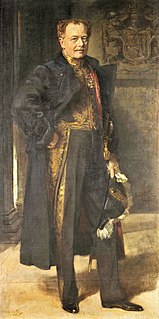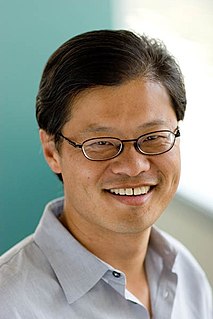A Quote by Peter Singer
Even with censorship, the Internet is a force for change.
Quote Topics
Related Quotes
People were touchingly naive at the dawn of the Internet revolution when they said the Internet will route around censorship the way it routes around damage. With any revolution, the establishment catches up and figures out how to screw it up. The answer is to keep technology advancing fast enough so that those who would try to control it can't. It's up to people to defend what they care about. We shouldn't be complacent that this stuff is going to be a force for good.
If you have an internet service provider that's capable of slowing down other sites, or putting other sites out of business, or favoring their own friends and affiliates and customers who can pay for fast lanes, that's a horrible infringement on free speech. It's censorship by media monopolies. It's tragic: here we have a technology, the internet, that's capable really of being the town square of democracy, paved with broadband bricks, and we are letting it be taken over by a few gatekeepers. This is a first amendment issue; it's free speech versus corporate censorship.
The notion of the Internet as a force of political and social revolution is not a new one. As far back as the early 1990s, in the early days of the World Wide Web, there were technologists and writers arguing forcefully that the Internet was destined to become the most important tool for cultural change in human history.

